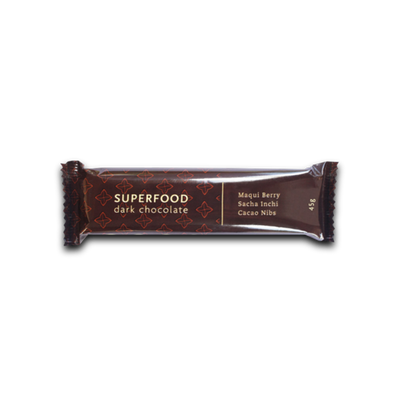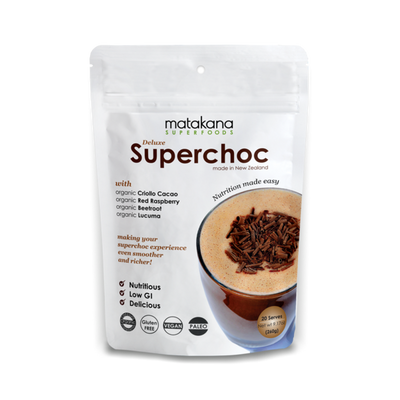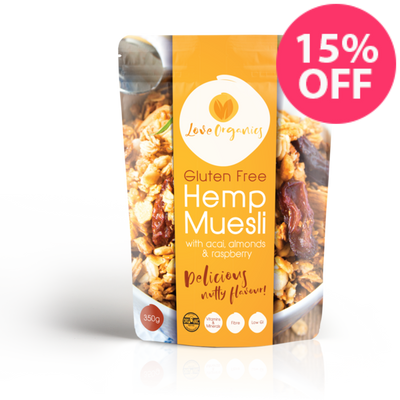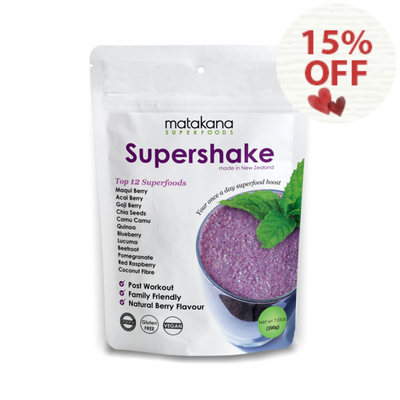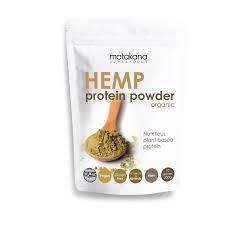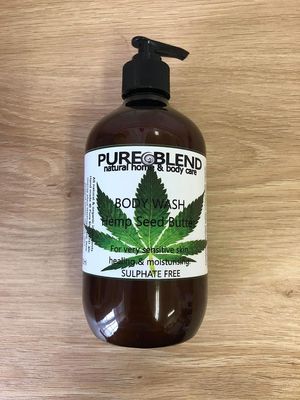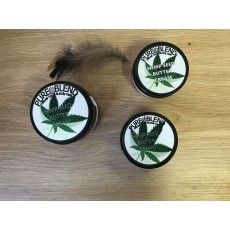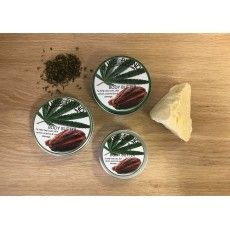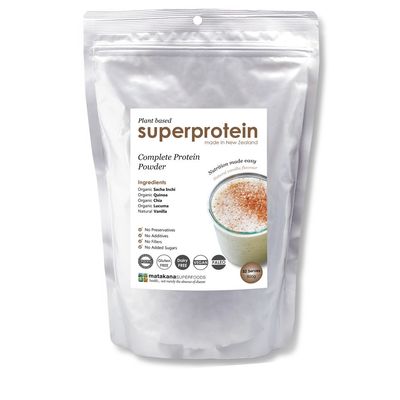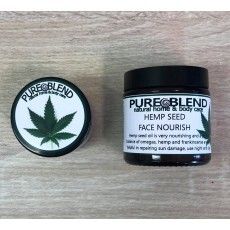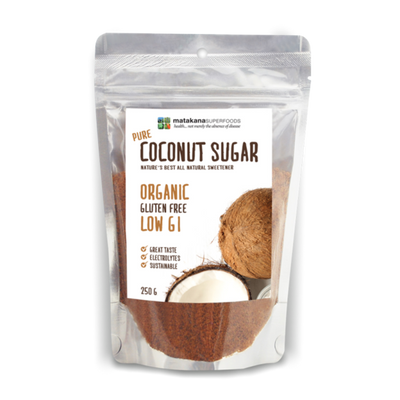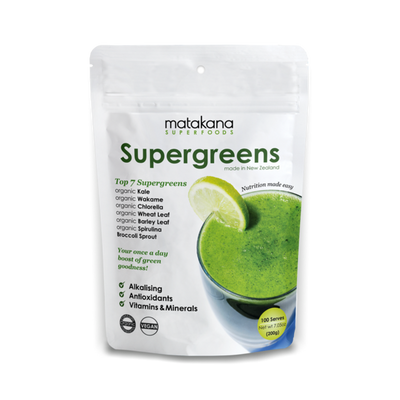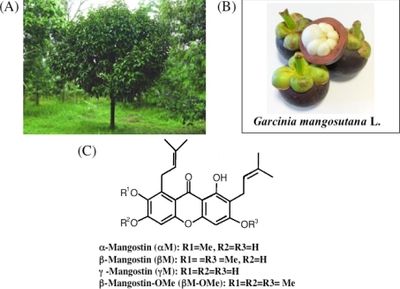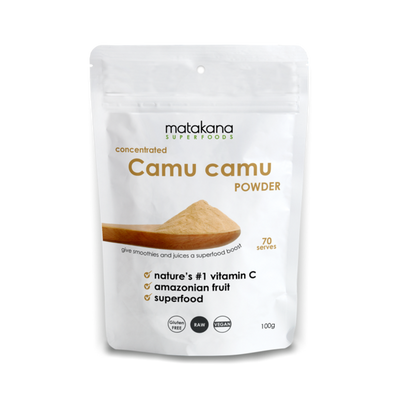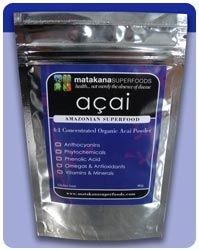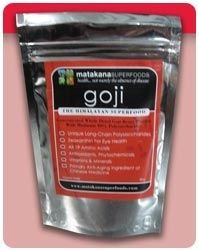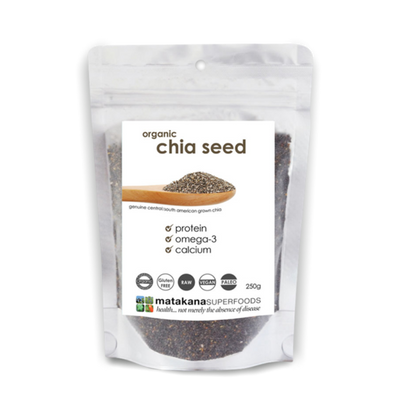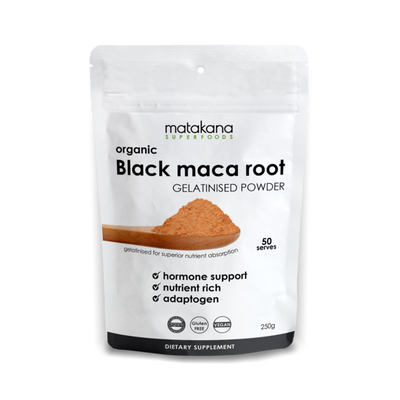
Matakana Organic Maca Root Black Gelatinised Powder 250gm pouch
Matakana
$23.00
Organic Maca Root Gelatinised Powder - black
Revitalising - Hormone Support - Energising
Maca root is a uniquely revitalising, hormone supporting and energy-giving superfood. Valued in South America for thousands of years for its highly concentrated nutrition, maca is high in protein (20+ amino acids), essential fatty acids, vitamins, minerals, trace elements and plant sterols. Matakana SuperFoods Organic Maca Root is gelatinised (pulverised during milling) which naturally breaks the starch bonds, making for easier digestion and superior absorption of maca's incredible range of nutrients. Gelatinised maca is the most premium grade of maca, ready to eat without the need for cooking and easier on the tummy!
Ingredients: Organic gelatinised maca root powder. No preservatives or additives.
Serving Suggestion: Add 1tsp -1tbsp of maca root powder to smoothies and baking.
Black maca is the rarest variety of maca, and may assist with hormone balance, sexual health, stamina, and mood. The pigment in black maca contains adaptogenic compounds which help the body combat stress and restore internal balance. Inca warriors used maca to boost energy, strength and endurance. Matakana SuperFoods Organic Black Maca Root Powder is gelatinised (pulverised during milling), which naturally breaks the starch bonds for superior digestion, nutrient release and absorption. The gelatinisation process allows maca to be eaten without the need for cooking, making it easier on the stomach. Gelatinised black maca is the premium grade of black maca.
Maca as an Energy Food
Maca is a very potent food, and a little maca sprinkled into recipes makes any meal more nutritious. With a mildly vanilla like nutty flavour, 1 tablespoon of maca powder is easily blended into superfood smoothies, various milks, or add to Matakana Superfoods' Choc la Cure, or mixed into flour for dessert recipes.
The area where maca is found, high in the Andes, is an inhospitable region of intense sunlight, violent winds, and below-freezing weather. With its extreme temperatures and poor, rocky soil, the area rates among the world's worst farmland; yet, over the centuries, maca has evolved to flourish under these conditions. Maca was domesticated about 2,000 years ago by the Incas, and primitive cultivars of maca have been found in archaeological sites dating as far back as 1600 B.C.
In 1994 less than 50 hectares were devoted to the commercial cultivation of maca; by 1999 over 1200 hectares were under production due to rising demand in the U.S. and abroad.
TRIBAL AND HERBAL MEDICINE USES
To the Andean Indians and indigenous peoples, maca is a valuable commodity. Because so little else grows in the region, maca is often traded with communities at lower elevations for such other staples as rice, corn, green vegetables, and beans. The dried roots can be stored for up to seven years. Native Peruvians traditionally have utilized maca since pre-Incan times for both nutritional and medicinal purposes. It is an important staple in the diets of these people, as it has one of the highest nutritional values of any food crop grown there. It is rich in sugars, protein, starches, and essential nutrients (especially iodine and iron). The tuber or root is consumed fresh or dried. The fresh roots are considered a treat and are baked or roasted in ashes (in the same manner as sweet potatoes). The dried roots are stored and, later, boiled in water or milk to make a porridge. They also are made into a popular sweet, fragrant, fermented drink called maca chicha. In Peru even maca jam, pudding, and sodas are popular. The tuberous roots have a tangy, sweet taste and an aroma similar to that of butterscotch.
This energizing plant is also referred to as Peruvian ginseng (although maca is not in the same family as ginseng). Maca has been used for centuries in the Andes to enhance fertility in humans and animals. Records show that soon after the Spanish conquest in South America, the Spanish found that their livestock was reproducing poorly in the highlands. The local Indians recommended feeding the animals maca; so remarkable were the results that Spanish chroniclers gave in-depth reports. Even colonial records of some 200 years ago indicate that payment of (roughly) nine tonnes of maca was demanded from one Andean area alone for this purpose.
In Peruvian herbal medicine today, maca is reported to be used to support the immune system; anaemia, tuberculosis, menstrual disorders, menopause, sterility (and other reproductive and sexual disorders); and to support memory.
PLANT CHEMICALS
The nutritional value of dried maca root is high,. It contains 60-75% carbohydrates, 10-14% protein, 8.5% fiber, and 2.2% lipids. The protein content of maca exists mainly in the form of polypeptides and amino acids (including significant amounts of arginine, serine, histidine, aspartic acid, glutamic acid, glycine, valine, phenylalanine, tyrosine, and threonine). It also has about 250mg of calcium, 2g of potassium, and 15mg of iron in 100g of dried root - and important amounts of fatty acids (including linolenic, palmitic, and oleic acids). Maca contains sterols (about 0.05% to 0.1%) and other vitamins and minerals. In addition to its rich supply of essential nutrients, maca contains alkaloids, tannins, and saponins.
A chemical analysis conducted in 1981 showed the presence of biologically active ingredients. Chemical research shows maca root contains a chemical called p-methoxybenzyl isothiocyanate, which has reputed aphrodisiac properties. At least four alkaloids are also present but have not yet been quantified. Fresh maca root contains about 1% glucosinolates-plant chemicals found in many plants in the family Brassicaceae (broccoli, cabbage, cauliflower, and other cruciferous vegetables). Several of the chemicals found in this group of known plant chemicals are documented to be potentially cancer-preventive.
Maca's main plant chemicals include: alkaloids, amino acids, beta-ecdysone, calcium, carbohydrates, fatty acids, glucosinolates, iron, magnesium, p-methoxybenzyl isothiocyanate, phosphorus, potassium, protein, saponins, sitosterols, stigmasterol, tannins, Vitamin B1, Vitamin B2, Vitamin B12, Vitamin C, Vitamin E, and zinc.
It may well be that maca's beneficial effects for sexual function and fertility can be explained simply by its high concentration of proteins and vital nutrients. Dried maca root contains about 10% protein - mostly derived from amino acids. Amino acids (the building blocks of proteins) are required in the diet to drive many cellular functions in the body - including sexual and fertility functions. Amino acids are required to manufacture neurotransmitters such as dopamine and noradrenaline. These substances transmit signals in the nervous system and play a major role in the process of sexual arousal and physical performance during sex. The main amino acids that these neurotransmitters require include phenylalanine, tyrosine, and histidine (all three of which are found in good supply in maca). The amino acid arginine, of which maca is a significant source, is thought to assist in the generation of nitric oxide-which is thought to counteract male impotence (although this is not clinically validated). Many libido- and sexual-enhancement health supplements on the market today contain arginine for this reason. Arginine has also clinically proven to play a role in male fertility through its action of increasing sperm production and motility. It is highly likely that some of the sexual and fertility effects reported were due to maca's high arginine content.
The amino acid histidine also is found in maca root in high amounts. This amino acid plays an often-overlooked but important role in sexual function: during ejaculation and orgasm
Drug Interactions: None reported.
Contraindications: None reported.
"This article is included in the interests of consumer health education and is not intended to imply that such ingredients have been approved under the Medicines Act for the prevention or treatment of specific diseases or medical conditions. Individual Results will vary. The results quoted in early trials may need to be confirmed by further studies. Evaluation under the Medicines Act has not been undertaken. You should seek appropriate Healthcare professional advice for any medical condition."
